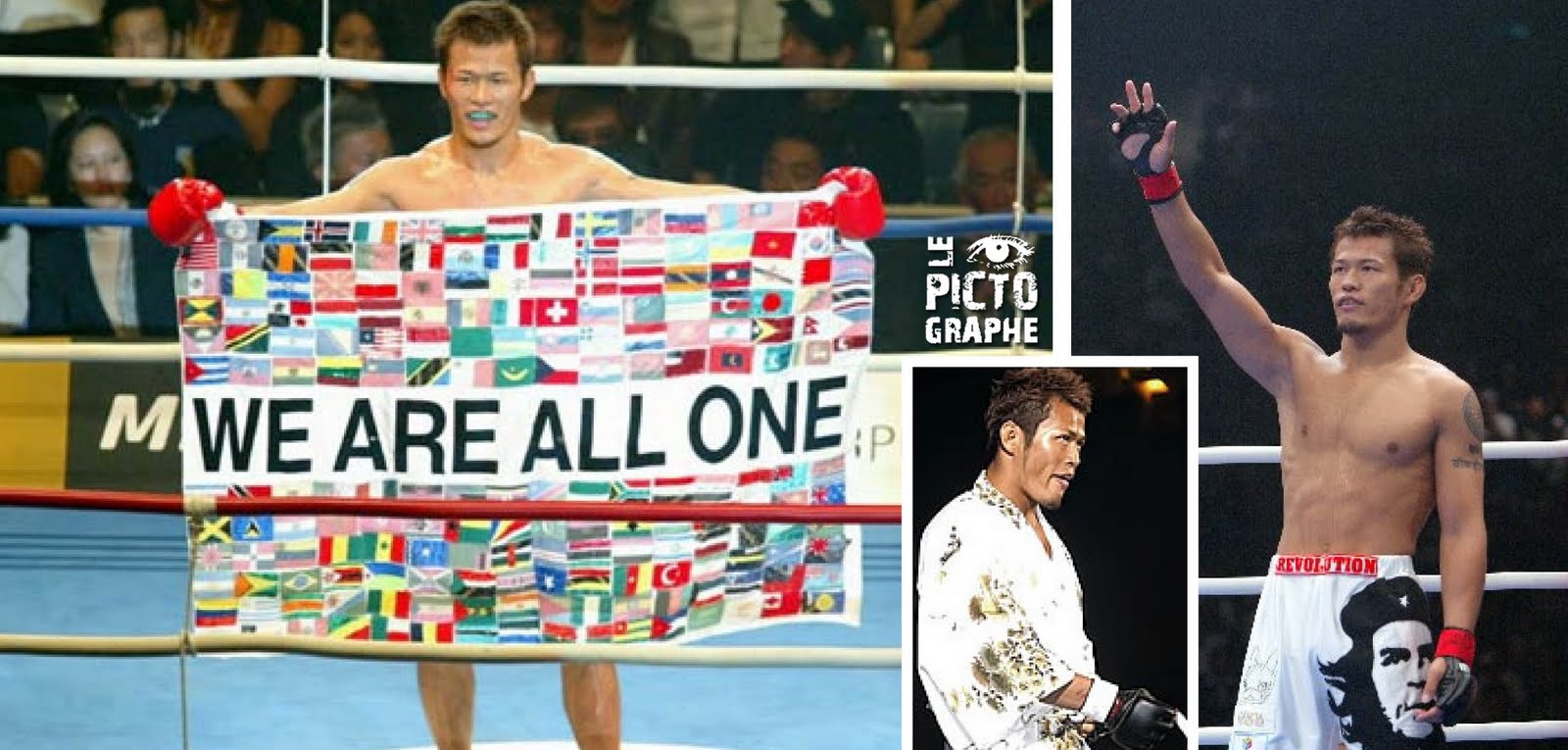In a world where combat sports often stick to their well-worn paths, a familiar yet strikingly unconventional figure has stepped into the ring as the new producer for K-1. Genki Sudo, a name synonymous with dazzling martial arts, eclectic stage performances, compelling literature, and even political discourse, has now added “visionary fight promoter” to his already lengthy and bewildering resume. His appointment, officially unveiled at a Tokyo press conference on September 3, marks not just a change in leadership, but a potential seismic shift in the landscape of Japanese combat sports.
Sudo, at 47, isn`t just looking to tweak the gears; he’s aiming to “break down the current K-1 and breathe new life into it,” a declaration that suggests a much-needed overhaul rather than a mere facelift. His initial observations pinpoint a common complaint among fans and fighters alike: events that stretch interminably, packed with so many bouts that individual stories are lost in the shuffle. The solution, according to Sudo, is a simple yet profound return to essence: shorter, sharper cards featuring around a dozen fights. This isn`t just about trimming fat; it`s about amplifying impact, ensuring that every punch, every kick, and every fighter’s journey resonates.
A New Era for Fighters: Freedom and Opportunity
Perhaps one of the most radical proposals from Sudo involves a fundamental change in fighter contracts. Moving away from the restrictive exclusive deals that have often stifled athlete mobility, he plans to introduce one-match contracts. This isn`t merely a bureaucratic adjustment; it`s a philosophical statement. By granting fighters the freedom to compete in other organizations, Sudo is not only empowering athletes but also fostering a more dynamic and competitive ecosystem. It’s an acknowledgment that talent flourishes when unchained, and that a rising tide lifts all boats – even rival ones.
Beyond contractual freedom, Sudo is keenly focused on developing the next generation of combat sports icons. His strategy includes:
- Reviving the Japan-only K-1 WORLD MAX tournament: A direct appeal to nostalgia and national pride, this initiative aims to unearth and cultivate top domestic fighters, much like the legendary Masato did during K-1`s fabled “golden era.” The goal is clear: to once again produce Japanese champions capable of conquering the global stage.
- Reintroducing “monsters”: This isn’t a call for mythical beasts but for the kind of larger-than-life characters whose charisma transcends the sport itself. Think captivating personalities, unique fighting styles, and compelling backstories that turn competitors into household names, drawing eyeballs far beyond the hardcore fan base. It`s an understanding that entertainment, in its purest form, often requires a dash of the extraordinary.
The Resurgence of HERO`S: MMA and Crossover Dreams
Sudo`s ambitions aren`t confined to the kickboxing realm. He confirmed the long-awaited return of HERO’S, the mixed martial arts (MMA) promotion that once shared a lineage with K-1. This revival will kick off with mixed-rules fights on the upcoming September 7 World MAX card, a clever way to bridge the two disciplines. However, the vision extends much further: Sudo intends to establish HERO’S as a standalone brand, a formidable entity capable of hosting thrilling crossover events against major organizations like RIZIN. This move could inject a fresh surge of excitement into the Japanese MMA scene, creating dream matchups and unprecedented spectacles.
The Producer`s Philosophy: Audience First, Domestic Growth Always
During the press conference Q&A, Sudo offered further insights into his pragmatic yet visionary approach. He underscored the critical importance of making events accessible and enjoyable for casual fans, quipping with characteristic irony that “you can`t ask someone on a date to sit through seven hours of bouts.” It`s a humorous jab at the often-bloated fight cards of yesteryear, but it carries a serious message: the future of K-1 hinges on its ability to captivate and retain a broader audience.
Moreover, Sudo emphasized a strategic focus on domestic growth before any grand international expansion. This grounded approach acknowledges that a strong foundation at home is essential for sustainable global success. He also expressed a refreshing willingness to collaborate with rival promotions – a rare posture in the often fiercely competitive world of fight sports – and even revealed plans to consult directly with the legendary Masato to help shape K-1’s future trajectory.
“I want to open up K-1 again,” Sudo stated, a simple phrase that encapsulates a profound desire for transformation and renewed prominence.
Genki Sudo’s multifaceted background, from philosophical dancer to strategic politician, positions him uniquely for this role. He understands not just the mechanics of a fight, but the narrative, the spectacle, and the human element that truly draw people in. Whether this ambitious blueprint will fully materialize remains to be seen, but one thing is certain: with Genki Sudo at the helm, the future of K-1, and potentially Japanese combat sports as a whole, promises to be anything but dull.

